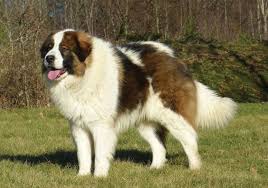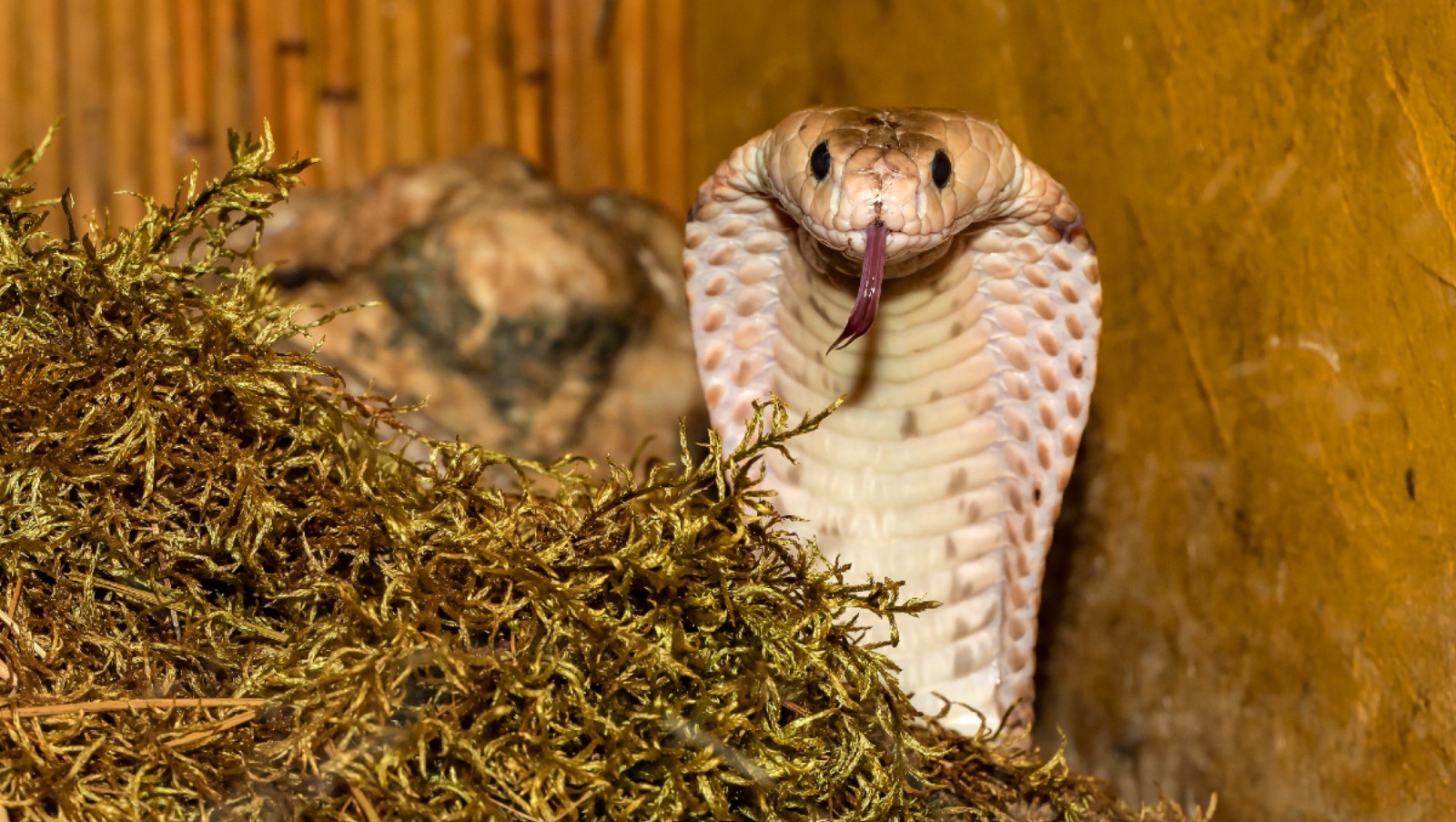
Tornjak
Conditions of detention
Tornjaks are well-suited to rural or suburban environments where they have space to roam and work. They thrive in homes with large yards or farms where they can engage in guarding and protecting duties.
Useful Fact: These dogs are naturally protective and make excellent watchdogs, providing security for livestock and properties. They require plenty of space and a job to do to be content.
Nutrition and diet
A balanced diet rich in protein and healthy fats is essential for the Tornjak. High-quality commercial dog food or a mix of fresh ingredients like meat, vegetables, and grains is recommended.
Useful Fact: Feeding a diet that supports their muscular build and energy levels helps maintain their health and vitality, particularly given their large size and active nature.
Health
Tornjaks are generally healthy dogs but can be prone to certain genetic conditions such as hip dysplasia and elbow dysplasia. Regular veterinary check-ups are essential to monitor their health.
Useful Fact: Maintaining a healthy weight and providing joint supplements can help prevent and manage orthopedic issues common in large breeds.
Grooming and care
The Tornjak has a thick double coat that requires regular grooming to prevent matting and to remove loose hair. They shed seasonally, requiring more frequent brushing during those times.
Useful Fact: Regular grooming sessions help keep their coat healthy and can also be a bonding activity between the dog and the owner.
Education and training
Tornjaks are intelligent and trainable but can be independent. Consistent, positive reinforcement methods work best for training.
Useful Fact: Early socialization and obedience training are crucial to manage their strong protective instincts and ensure they are well-behaved around strangers and other animals.
Toys and entertainment
These dogs enjoy toys that challenge their minds and bodies, such as durable chew toys, fetch toys, and interactive games. Engaging in activities like obedience training and scent work can be very stimulating for them.
Useful Fact: Providing a variety of toys and regular playtime can prevent boredom and destructive behavior, keeping them mentally and physically active.
Safety
Due to their strong protective instincts and large size, Tornjaks should be kept in a secure area when outdoors. They need to be monitored to prevent them from becoming overly territorial.
Useful Fact: A well-fenced yard is essential to give them the freedom to roam safely without the risk of escaping.
Accessories
Sturdy collars, harnesses, and leashes are important for managing the Tornjak during training and outdoor activities.
Useful Fact: Using a harness can provide better control and prevent neck strain, especially during walks and training sessions.
Socialization
Tornjaks are loyal and protective of their families but can be wary of strangers. Early and consistent socialization is important to ensure they are comfortable in various environments.
Useful Fact: Introducing them to different people, animals, and settings from a young age helps them become well-adjusted and confident adults.
Travel and Transportation
Tornjaks can travel well if they are accustomed to it from a young age. Ensuring they have a comfortable and secure space in the vehicle is important.
Useful Fact: Using a travel crate or a harness designed for car travel ensures their safety and comfort during trips.
Behavior and psychology
The Tornjak is known for its loyalty, intelligence, and strong protective instincts. They form strong bonds with their families and are naturally vigilant.
Useful Fact: Understanding their guarding nature and providing proper training can help manage their behavior and ensure they are confident and well-behaved.
Legal aspects
Owners should comply with general dog ownership laws, such as licensing, vaccination requirements, and leash laws.
Useful Fact: In some areas, there may be specific regulations regarding protective breeds, so checking local laws is important.


